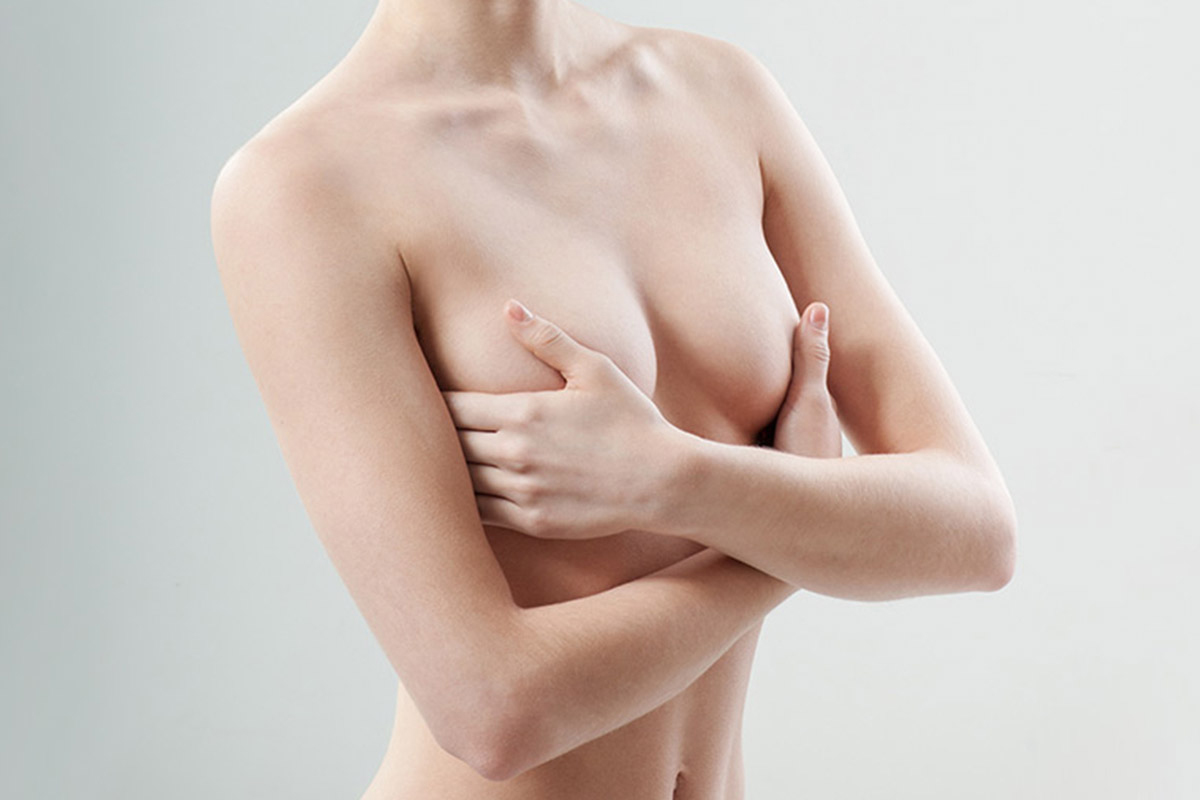
Uncontrolled nipple elongation might sound like a strange topic, but it's a real condition that affects many people. This phenomenon can be caused by various factors, including hormonal changes, certain medications, or even genetic predispositions. Understanding the causes and implications of this condition is essential for those who experience it. In this blog post, we'll explore 25 intriguing facts about uncontrolled nipple elongation, shedding light on its causes, symptoms, and potential treatments. Whether you're curious about the science behind it or looking for ways to manage it, this guide will provide valuable insights. Let's dive into the fascinating world of uncontrolled nipple elongation and uncover the truths behind this unique condition.
Key Takeaways:
- Uncontrolled Nipple Elongation (UNE) is a rare condition that can affect anyone, causing discomfort and psychological impact. Hormonal changes, genetic factors, and medications can trigger UNE. Treatment options include hormone therapy, surgery, and lifestyle changes.
- UNE can lead to physical and emotional challenges, impacting self-esteem and social interactions. Seeking medical help, joining support groups, and educating others can help individuals cope with UNE and promote acceptance.
What is Uncontrolled Nipple Elongation?
Uncontrolled Nipple Elongation (UNE) is a rare condition where nipples grow longer than usual without any apparent cause. This phenomenon can be puzzling and sometimes concerning for those experiencing it. Here are some intriguing facts about UNE.
-
Rare Condition: UNE is extremely rare, with very few documented cases worldwide.
-
Not Gender-Specific: Both men and women can experience UNE, though it is more commonly reported in women.
-
Varied Lengths: The elongation can vary significantly, from a few millimeters to several centimeters.
-
No Age Limit: UNE can occur at any age, from adolescence to old age.
-
Hormonal Influence: Hormonal changes, especially during puberty, pregnancy, or menopause, can trigger UNE.
Causes and Triggers
Understanding what causes UNE can help in managing the condition better. Here are some known causes and triggers.
-
Genetic Factors: Genetics can play a role, with some families having a history of UNE.
-
Hormonal Imbalance: Imbalances in hormones like estrogen and prolactin can lead to nipple elongation.
-
Medications: Certain medications, especially those affecting hormone levels, can trigger UNE.
-
Breastfeeding: Prolonged breastfeeding can sometimes cause nipples to elongate.
-
Underlying Conditions: Conditions like gynecomastia or certain tumors can cause UNE.
Symptoms and Diagnosis
Recognizing the symptoms and getting a proper diagnosis is crucial for managing UNE. Here are some key points.
-
Visible Elongation: The most obvious symptom is the noticeable elongation of the nipples.
-
Sensitivity Changes: Some individuals may experience increased or decreased nipple sensitivity.
-
Pain or Discomfort: In some cases, UNE can cause pain or discomfort, especially if the nipples rub against clothing.
-
Medical Examination: A thorough medical examination, including hormonal tests, can help diagnose UNE.
-
Imaging Tests: Ultrasound or MRI may be used to rule out underlying conditions.
Treatment and Management
While there is no definitive cure for UNE, various treatments and management strategies can help. Here are some options.
-
Hormone Therapy: Hormone therapy can help balance hormone levels and reduce elongation.
-
Surgical Options: In severe cases, surgery can be performed to reduce nipple length.
-
Topical Treatments: Certain creams and ointments can help manage symptoms like pain or sensitivity.
-
Lifestyle Changes: Wearing loose clothing and using nipple shields can reduce discomfort.
-
Regular Monitoring: Regular check-ups with a healthcare provider can help monitor the condition.
Psychological Impact
UNE can have a significant psychological impact on those affected. Here are some aspects to consider.
-
Self-Esteem Issues: Individuals with UNE may experience low self-esteem or body image issues.
-
Social Anxiety: The condition can lead to social anxiety, especially in intimate situations.
-
Counseling: Psychological counseling can help individuals cope with the emotional impact of UNE.
-
Support Groups: Joining support groups can provide a sense of community and understanding.
-
Education and Awareness: Educating oneself and others about UNE can reduce stigma and promote acceptance.
Final Thoughts on Uncontrolled Nipple Elongation
Uncontrolled nipple elongation, while rare, can be a fascinating topic. Understanding its causes, symptoms, and potential treatments helps demystify this condition. Whether it's due to genetics, hormonal changes, or certain medical conditions, knowing the facts can ease concerns and guide individuals toward appropriate care.
If you or someone you know experiences this, consulting a healthcare professional is crucial. They can provide personalized advice and treatment options. Remember, every body is unique, and what might be a concern for one person could be perfectly normal for another.
Stay informed, stay curious, and always prioritize your health. Knowledge empowers us to make better decisions and fosters a more compassionate understanding of the diverse ways our bodies can change and adapt.
Frequently Asked Questions
Was this page helpful?
Our commitment to delivering trustworthy and engaging content is at the heart of what we do. Each fact on our site is contributed by real users like you, bringing a wealth of diverse insights and information. To ensure the highest standards of accuracy and reliability, our dedicated editors meticulously review each submission. This process guarantees that the facts we share are not only fascinating but also credible. Trust in our commitment to quality and authenticity as you explore and learn with us.
